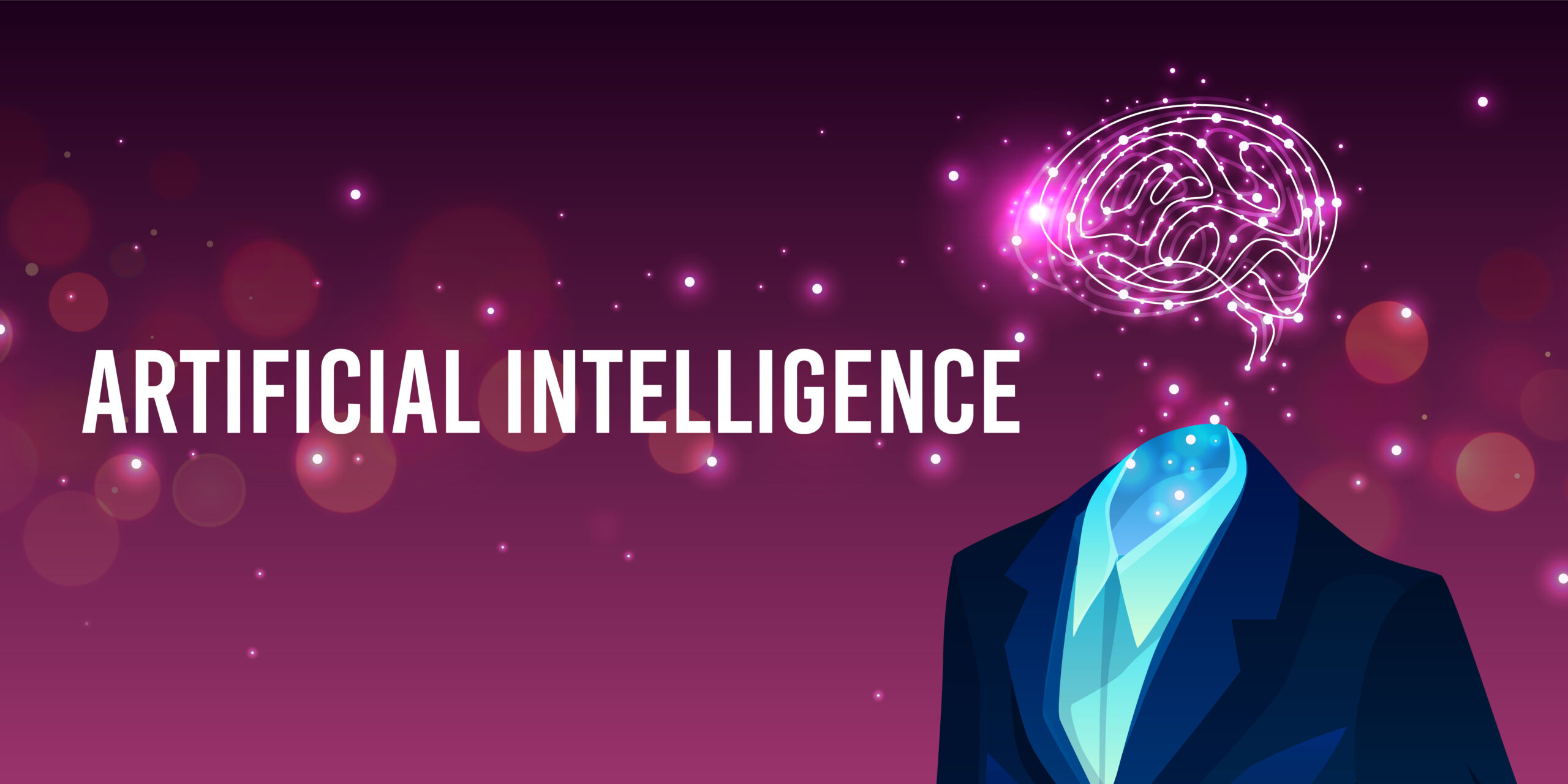How AI Will Revolutionize the Future of Business
Imagine walking into a store where the salesperson already knows exactly what you’re looking for. No awkward searches, no guesswork—just seamless, intuitive service. Now, imagine this happening online, in customer support, or even in logistics. That’s the power of AI in business.
Artificial Intelligence is no longer a futuristic concept—it’s here, rapidly transforming industries. Businesses worldwide are integrating AI into their operations, with 77% of companies already using or exploring AI in some form. From automating tasks to providing deep customer insights, AI in business is revolutionizing how companies function, ensuring efficiency, profitability, and enhanced customer experiences.
How AI Is Used in Business Today
AI’s Role in Customer Understanding
Understanding customers has always been the key to business success, and AI takes this to an entirely new level. By analyzing vast amounts of customer data in real-time, AI helps businesses predict consumer behavior, tailor recommendations, and optimize marketing strategies. This is where AI sales and marketing tools come into play.
Think about platforms like Amazon and Netflix—both use AI-powered recommendation engines to personalize user experiences. AI-driven tools, such as chatbots and sentiment analysis software, enable businesses to engage with customers more effectively, ensuring that their needs are met before they even articulate them. AI-driven CRM systems, such as Salesforce Einstein, help businesses identify sales opportunities and enhance customer satisfaction.
Additionally, AI plays a significant role in social media marketing. AI algorithms analyze user behavior, engagement patterns, and preferences to craft targeted advertisements. By using AI sales and marketing tools, brands can create more effective marketing campaigns, driving higher engagement and conversion rates.
AI for Operational Efficiency
If time is money, then AI is the ultimate wealth creator. By automating repetitive tasks, AI allows employees to focus on high-value activities, thereby increasing productivity and reducing operational costs. From robotic process automation (RPA) handling data entry to AI-driven logistics optimizing supply chain management, businesses are achieving unparalleled efficiency.
For example, AI-driven scheduling systems in healthcare ensure that appointments are allocated optimally, reducing patient wait times and increasing doctor availability. Similarly, AI-powered inventory management helps retailers keep stock levels optimized, preventing shortages or overstocking.
AI-powered predictive maintenance is another game-changer, particularly in manufacturing. By analyzing sensor data and usage patterns, AI predicts when machines are likely to fail, allowing businesses to conduct proactive maintenance. This reduces downtime, minimizes repair costs, and extends the lifespan of critical equipment.
AI-Driven Innovation in Products & Services
Innovation is the lifeblood of business growth, and AI acts as a catalyst by offering insights that drive product and service enhancements. Companies are leveraging AI to conduct market research, analyze customer feedback, and even design new offerings that meet emerging needs. These are just a few of the many AI business ideas transforming industries.
Take Tesla’s Autopilot, for instance—its AI continuously learns from millions of miles driven, improving safety and functionality over time. AI also plays a critical role in healthcare, where machine learning algorithms help develop personalized treatment plans based on patient data.
Beyond individual products, AI contributes to the broader field of research and development. Companies like IBM use AI in drug discovery, significantly accelerating the process of identifying potential treatments. AI also assists in the creative sector, generating content, music, and even visual designs tailored to audience preferences.
AI and Fraud Prevention
One of the most common concerns about AI is: “Will robots take my job?” The answer is more nuanced than a simple yes or no. While AI will automate certain tasks, it will also create new opportunities for human-AI collaboration. Employees will be able to focus on creative, strategic, and interpersonal tasks while AI handles repetitive and data-intensive work.
For example, in customer service, AI-powered chatbots can handle routine inquiries, freeing up human agents to tackle more complex issues. In healthcare, AI assists doctors by analyzing medical data, but the final decisions still rest with human professionals. The key is to view AI as a tool that enhances human capabilities, not replaces them.
Implementing AI: Strategic Considerations
Adopting AI is not just about technology—it’s about strategy. Businesses must consider their specific needs, available resources, and potential challenges. Key factors to consider include:
- Assessing AI Readiness: Businesses should evaluate their data infrastructure and technical capabilities before implementing AI solutions.
- Choosing the Right AI Tools: Whether it’s a chatbot, predictive analytics software, or AI-driven automation, selecting the right tool is crucial for success.
- Training & Adaptation: Employees must be trained to work alongside AI, ensuring smooth integration and maximizing its benefits.
- Ethical Considerations: Transparency, data privacy, and fairness must be at the forefront when deploying AI technologies.
- Scalability: Businesses should consider how AI solutions will scale with their growth and evolving needs.
- Cost vs. ROI: While AI implementation requires an initial investment, businesses should analyze the long-term ROI, considering how AI can drive revenue, reduce costs, and improve efficiency.
The Future of AI in Business
AI is not just changing businesses—it is redefining them. From enhancing customer engagement to optimizing operations and fostering innovation, AI’s potential is limitless. Businesses that embrace AI today are positioning themselves for a smarter, more efficient future. The question is no longer whether AI will change business—it’s how soon companies will adapt to stay ahead.
The future of AI in business lies in deeper automation, improved human-AI collaboration, and the expansion of AI into industries that have been slow to adopt it. AI-driven decision-making, voice assistants, and autonomous systems will become even more prevalent, driving efficiency and innovation at unprecedented levels.
AI is transforming industries at an unprecedented pace, from automation and predictive analytics to customer engagement and innovation. Engage Coders is here to help your business harness the power of AI-driven digital strategies to stay ahead of the competition.










